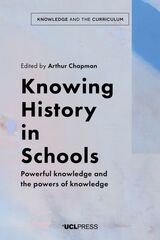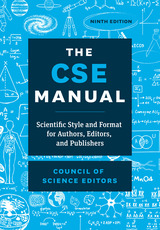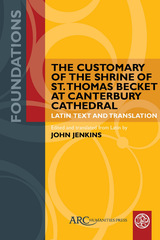2 books by Chapman, Arthur

Arthur Chapman
Rutgers University Press
"This book should be required reading for the new or prospective Christmas tree grower." --Journal of Forestry The third edition of this successful book is for the farmer who has some extra land, for the prospective commercial grower with several hundred acres, or for the hobbyist who may want to supplement his income. Both the novice and the experienced grower will benefit from its account of growing Christmas trees for the market. Covering basic principles as well as specific practices, the book guides the reader through the various stages of establishing and maintaining a Christmas-tree plantation. Chapters provide important information on the selection of land, where to get planting stock, and factors that should be considered when deciding on what species to grow. The most critical job of all--the actual planting of the trees--is covered in depth. The authors present useful techniques for protecting the growing trees from weeds, insects, and diseases, and they offer a full description of shearing (or shaping) trees to improve their form and density--one of the keys to a successful crop. On the business side, issues of grading, harvesting, and marketing are examined. A chapter on taxes includes alternative methods of treating income and a concluding section gives the grower advice on obtaining further help. This new and updated edition also covers changes in the technology of planting and maintaining trees. Information on new uses of machinery, statistical details on plantations and acreage, and the most recent data on herbicides are also included. The late Arthur Chapman was chief of the Division of Forest Management Research at the Central States Forest Experiment Station in Columbus, Ohio. Robert Wray is retired from the U.S. Forest Service's North Central Forest Experiment Station where he was in charge of information services. He has written for various conservation and professional publications and continues to do contract editing for the Forest Service.
[more]

Knowing History in Schools
Powerful Knowledge and the Powers of Knowledge
Edited by Arthur Chapman
University College London, 2021
A dialogue among leading figures in history education research and practice.
The “knowledge turn” in curriculum studies has drawn attention to the central role that the knowledge of the disciplines plays in education and the need for fresh perspectives on knowledge-building. Knowing History in Schools explores these issues in the context of the discipline of history through a dialogue between the eminent sociologist of curriculum Michael Young, and leading figures in history education research and practice from a range of traditions and contexts. Focusing on Young’s “powerful knowledge” theorization of the curriculum, and on his more recent articulations of the “powers” of knowledge, this dialogue explores the many complexities facing history education. The book attempts to clarify how educators can best conceptualize knowledge-building in history education, and it will be of interest to history education students, history teachers, teacher educators, and history curriculum designers, as they navigate the challenges that knowledge-building processes pose for learning history in schools.
The “knowledge turn” in curriculum studies has drawn attention to the central role that the knowledge of the disciplines plays in education and the need for fresh perspectives on knowledge-building. Knowing History in Schools explores these issues in the context of the discipline of history through a dialogue between the eminent sociologist of curriculum Michael Young, and leading figures in history education research and practice from a range of traditions and contexts. Focusing on Young’s “powerful knowledge” theorization of the curriculum, and on his more recent articulations of the “powers” of knowledge, this dialogue explores the many complexities facing history education. The book attempts to clarify how educators can best conceptualize knowledge-building in history education, and it will be of interest to history education students, history teachers, teacher educators, and history curriculum designers, as they navigate the challenges that knowledge-building processes pose for learning history in schools.
[more]
READERS
Browse our collection.
PUBLISHERS
See BiblioVault's publisher services.
STUDENT SERVICES
Files for college accessibility offices.
UChicago Accessibility Resources
home | accessibility | search | about | contact us
BiblioVault ® 2001 - 2024
The University of Chicago Press









